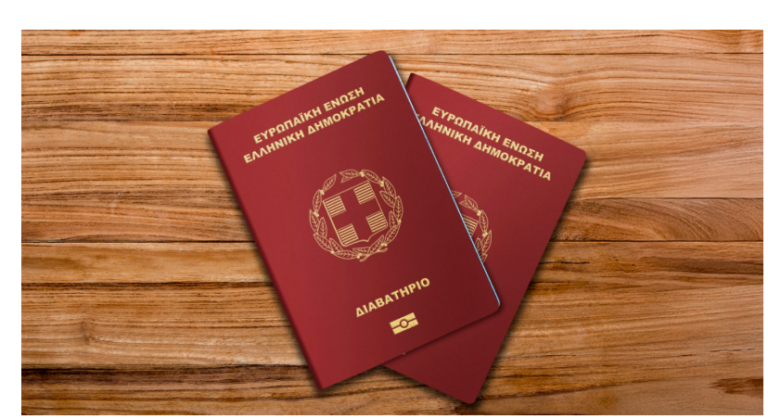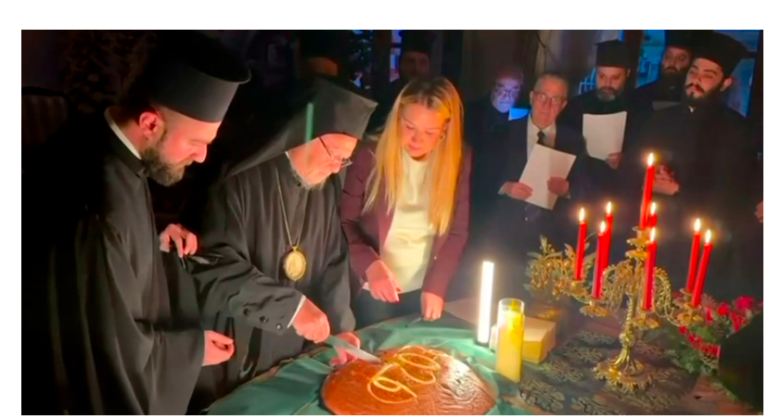Hecate the goddess of Greek mythology has been primarily remembered for her associations with magic and witchcraft. Throughout history however, her sphere of influence also included the moon, night, crossroads, boundaries, ghosts and necromancy. Although Hecate was once considered to be a powerful Greek goddess of witchcraft, Hecate was not a major deity when compared, for instance, to the Twelve Olympians .
There are therefore few myths which revolve around this Greek goddess of magic. Nevertheless, the goddess Hecate plays a particularly important role in the Greek myth which relates the abduction of Persephone. It is also from this myth that the quintessential representation of Hecate, as a goddess holding a flaming torch in each hand, is derived.
This is how Vikings made glass beads
It is generally believed that the goddess Hecate was the daughter of Perses and Asteria, both of whom were from the second generation of Titans. Nevertheless, some have claimed that she was the daughter of Zeus and either Hera or Pheraea. Yet others have stated that she was a daughter either of Leto or of Tartarus.
Read more: Ancient Origins
Ask me anything
Explore related questions





